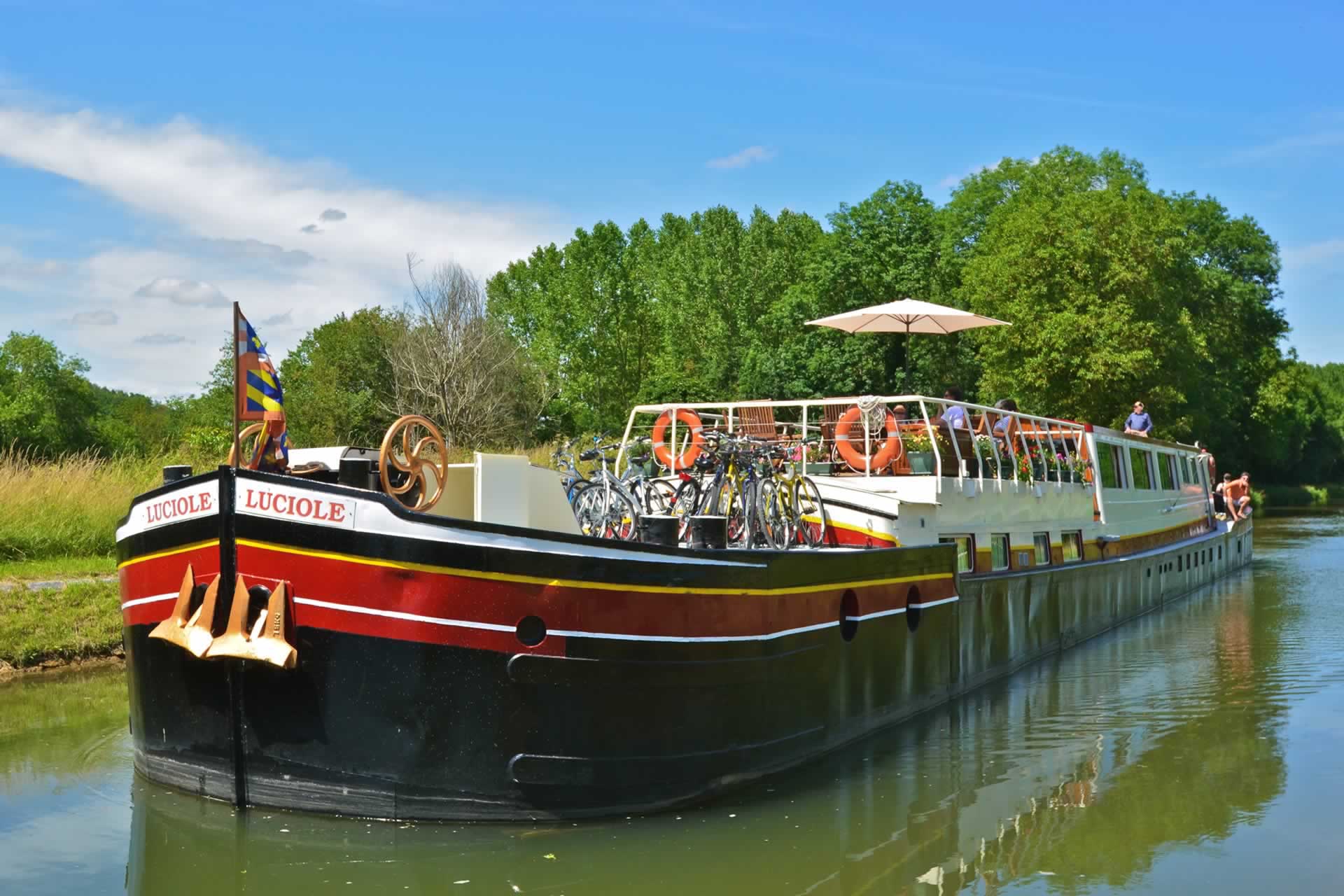- Previous
- |
- All articles
- |
- Next
Canal and river trust
Oh! Have we got those as well?” So said Sir Cyril Hurcomb in 1947. As Chairman of the Transport Commission, he had made the discovery that, along with our railways, there were canals being nationalised too.
Sir Cyril’s was an attitude that persisted. From the wreckage of World War II other nations were energising their waterways; not so the UK. But now, 65 years on, “British Waterways,” behind which ministerial strings have long been pulled, is to disappear. Cheers might be in order. But what have they left us? What shortcomings have become, by default, the norm?
With a haste rarely visited upon them, our waterways are being re-cast as the Canal & River Trust, yielding the unfortunate acronym of CART. As with the Transport Act of 1968 there has been a Consultation beforehand. Consultation? It may be recalled, if you are as old as myself, that the ministry involved in the ‘68 affair emphasised what suited – then ignored the rest. It has not happened to the same degree this time, although there is some sanitising of history, e.g. of the Kennet & Avon, while freight by water, as is traditional in Britain, has been played right down. Under pressure of the responses, some ground has been recovered on this, but the matter remains to be pursued.
As long ago as 1999 a DoE Report, Advanced Research of Goods Vehicle Costs put the ‘external cost’ of running a lorry, in terms of public health, noise and wear and tear, at up to £28,000 a year. That was before its contribution towards congestion and accidents. If you support water transport – as British Waterways should have been doing – this is a point to be made. It is certainly being made in France, where freight by water is being revived with vigour. And where, from 2013, a levy on trucks of €0.12 per kilometre will be imposed.
Instead, in A New Era For The Waterways, we get “The use of all the inland waterway network for the movement of freight accounts for less than 1% of total freight moved.” This is abject stuff. The percentage is deplorable, the acceptance of it shocking. Could it be, for its part, that BW has not exactly been trying? Witness the failures on the Olympic site, the under-used Trent, the forlorn River Weaver?
To take one submission, that of Wynns Group, heavy hauliers (who, understandably, seem badly let down), there is concerned reference to the Waterways for Tomorrow document, published by our government in 2000. Also the “Water Preferred” policy of 2002. What has become of these initiatives?
On the leisure front also, questions remain unanswered. There is a backlog of dredging, inevitably huge. Even the year-on-year upkeep requires £84.5 million above income - more the government has offered. What a pity, then, that CART cannot gather money like the National Trust, at the doors of stately homes - though the National Trust it must be remembered, never takes on property that is not fully endowed!
Is there a suggestion now that the shortfall in upkeep does not matter? Or that Navigation, in particular, does not matter? It is the maintenance for Navigation, after all, that costs the money. Could this be a reason for the stress being laid on non-boating aspects? Why the Minister dwells upon the pike that he caught? Why he suggests we have been focusing too much on “the bricks and mortar”? Or why BW Chairman Tony Hales talks about dog walking? By playing down boating the maintenance gap is more easily excused.
Let it be stated: Navigation is the mainstay of the system. It is the heart and soul of it, the life. It is the inspiration for bystanders also. How sad were those routes that once were closed to boats. How sad some still are, that could be taking trucks off the road. The British Waterways directorship has been paid - profligately - to maintain Navigations. Surely, it was in the job description?
Boaters, whether leisure seeking or “Commercial” (poor souls, given the vapid attitudes around), depend upon Navigable Water. Dog-walkers, like anglers, cyclists and hikers, have their desires met already. Welcome they surely are, but they are not, of course, special to canals (the rest of the nation is open to them, too). Nor are swans; yet CART will have one as an emblem. It is as if a telephone company promotes itself with the crows that sit on its wires.
We will hear, naturally, that money is tight. Are we speaking then of getting rid? Or of investment – as high-speed rail lines are nowadays presented? For starters, let us heed what the financial consultants KPMG have already told us. Let not that £84.5 million a year – which is the absolute minimum - be somehow waffled away.
Which is it to be: Navigation, properly provided for, or a fudge over upkeep? With the distraction of animals.
- Previous
- |
- All articles
- |
- Next



